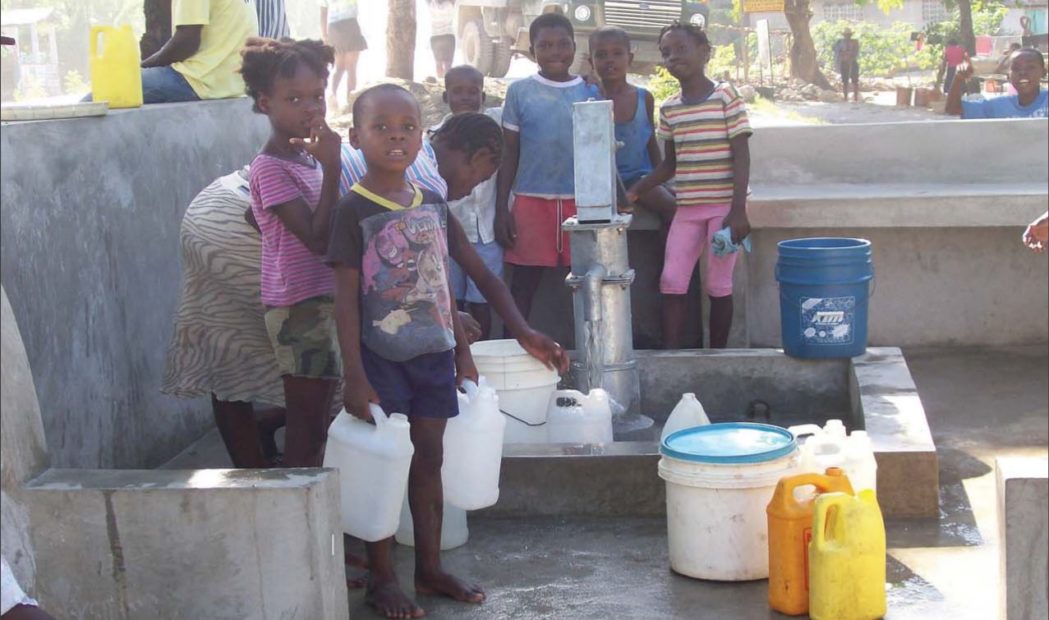Human rights
One of the hallmarks of advancing societies is the ability to evolve as new insights are made. Although the fleshing out of this might look differently for each culture, one trademark that seems to be an essential underpinning to success is, the respect for preserving basic human rights for all their citizens. When societies do not respect the basic human dignity of each of their citizens it not only stunts the advancements a society can make but, it becomes a threat to all citizens basic human rights of that particular society. As John F. Kennedy declared, “The rights of every man are diminished when the rights of one man are threatened.” This violation of human rights is one of the major foundational causes for what keeps Haiti’s culture from thriving.
The Easiest Targets
Within Haiti the most vulnerable to having their human rights violated are children, especially the children of families who lack resources to provide for their children. Many times these struggling families sell or send their children to live and work for another family. These children trapped within this practice of modern day slavery have been coined Restaveks.
Deeply Entrenched
What makes the situation of restaveks all the more complex is that within Haitian culture this practice is widely accepted as normal. Most do not consider it a violation of human rights or abuse, and to make matters worse, most people expect the children to receive poor treatment. In some cases the children are not even seen as human, and their age and situation are not taken into account when given work to do.
The Cycle Needs to be Broken
Surprisingly, many children sent to be a restavek are enlisted by parents who were restaveks themselves when they were younger. At first glance this might make one wonder, “It must not be that bad to be a restavek then.” But when barely digging below the surface the truth is all too clear. Most families receiving or sending a child to become a restavek when asked outright if there are any positive aspects to being a restavek replied firmly that there were not. For many families who send their children into domestic servitude they feel torn to choose between what is the lesser of two evils for their child. As one mother explained, “There’s no difference. There she eats but gets ill-treated, or here she’s well thought of but eats badly.”
Getting Priorities Straight
Clearly, the practice of restavek is deeply embedded within Haitian culture but for Haitian society to progress it needs a re-orientation of what is beneficial to its most vulnerable citizens. Haitian families need support so they don’t feel like they are in a no win-win situation of choosing whether their child can stay with their family or be sent into domestic servitude so the child can have his or her basic needs met. Haiti has its hands full with issues on many fronts but this issue of basic human rights is the one issue that can’t afford to be put on the back burner anymore.
Written By Angela Lindquist
For Ayiti Now Corp
Data Source
https://www.haiti-now.org/wp-content/uploads/2012/10/Child-Labor-In-Domestic-Service-Restaveks-PAP-Haiti-2012.pdf
